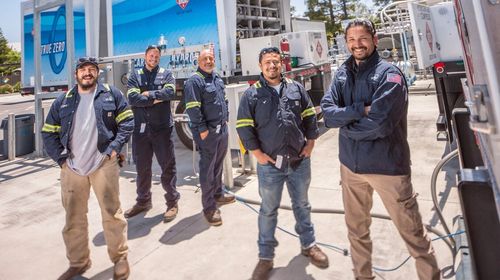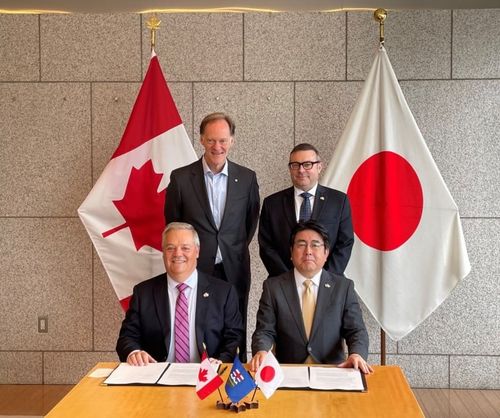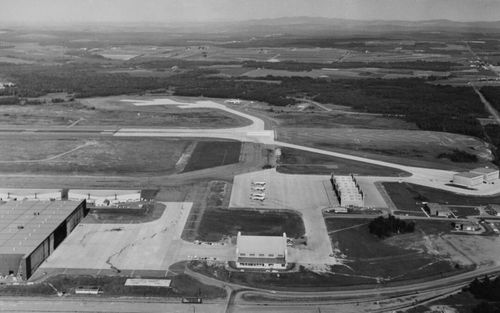Oxylus Energy, a methanol technology and project development start-up, is preparing to kick off its first capital raise later this month.
The Yale-based firm is seeking to raise $4m in seed funding, with proceeds funding the advancement of a production-scale CO2-to-methanol electrolyzer cell and its first commercial agreements for offtake, CEO Perry Bakas said in an interview.
Oxylus aims to commercialize an electrolyzer that creates methanol from CO2 at room temperature and pressure, and also plans to develop and operate its own methanol production plants, he said.
The technology, which will scale to larger versions in coming years, recently hit a key milestone with the validation of a 5cm2 platform.
The seed capital raise would provide approximately 26 months of runway, according to Bakas. The company would then raise between $20 – $30m in a follow-on Series A in late 2026.
“What we’re gonna do with the Series A is put that first electrolyzer into the ground,” he said. “It’ll be our first revenue-producing methanol.”
Oxylus is currently owned by Bakas and his fellow co-founders. The company has been entirely grant funded to this point. DLA Piper is advising as the law firm on the seed capital raise.
“I think the most important thing about the technology is it’s the most energy-efficient pathway to making renewable methanol,” he said. “At the right energy prices, you’re below cost parity with fossil-derived methanol. When that happens, I think it’ll become a very interesting development scenario.”
Oxylus is focused on bringing the so-called green premium down to zero, Bakas said, noting that it requires achieving scale in electrolyzer production or partnering with established electrolyzer manufacturers.
Methanol for shipping
Oxylus will seek to introduce its technology into target markets that are already using methanol as a feedstock, like high-value petrochemicals. In the longer term, shipping and aviation are likely to become attractive markets. Taken together, the company believes methanol has the potential to decarbonize 11% of global emissions.
Methanol will compete with ammonia for primacy as a shipping fuel in the future, but Bakas believes methanol is the better option.
“These are massive markets – they need a lot of solutions, and quickly,” he said. “But ammonia is not energy dense, and it doesn’t integrate with existing infrastructure.”
The International Energy Agency recently projected that while ammonia will be cheaper to make, methanol is easier to handle, resulting in roughly similar cost profiles for e-methanol and green ammonia. The added cost for methanol production, the report found, is likely to come from a scarcity of biogenic CO2.
On that topic, Bakas acknowledged that the methanol pathway still requires combustion of carbon, but emphasized his technology’s ability to displace existing fossil fuel-based methanol production.
“The distinction we need to make is: are these virgin hydrocarbons or are they recycled hydrocarbons? If you’re just continuously pumping new CO2 out of the ground into the atmosphere, you’re gonna continue to cause climate change,” he said.
“The technologies that we are building in this suite of technologies that cover direct air capture, point source capture, carbon conversion, that whole CCUS world,” he added, “are really working to monitor and create a homeostasis in the atmospheric balance of CO2.”
Oxylus recently completed a lifecycle assessment of greenhouse gas emissions, Bakas said, finding that its fuels are expected to reduce CO2 emissions by 95% at optimal voltage compared to natural gas steam methane reforming.






